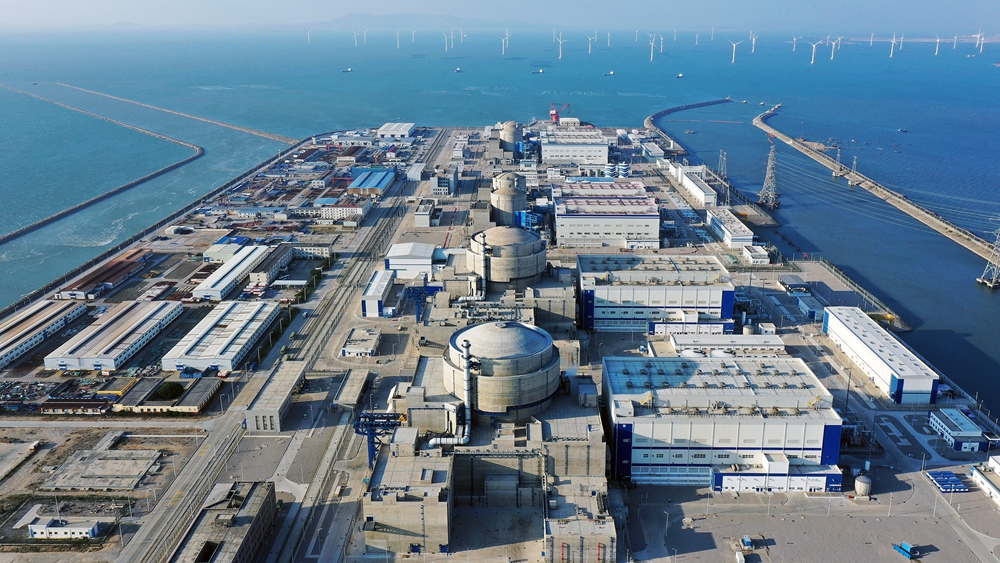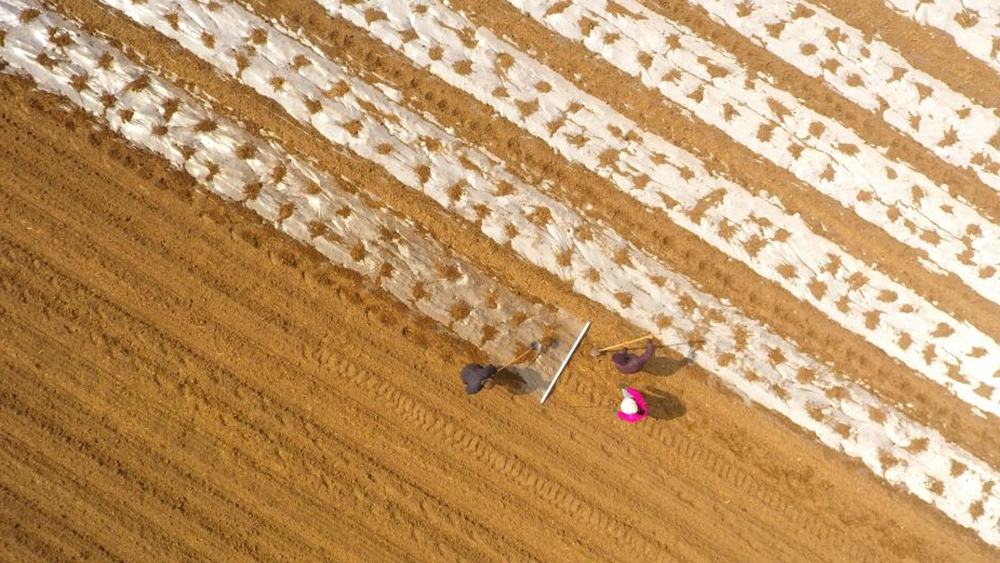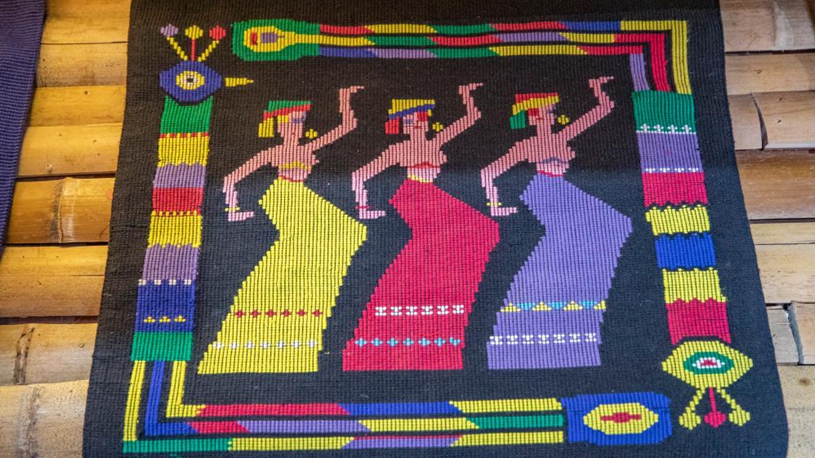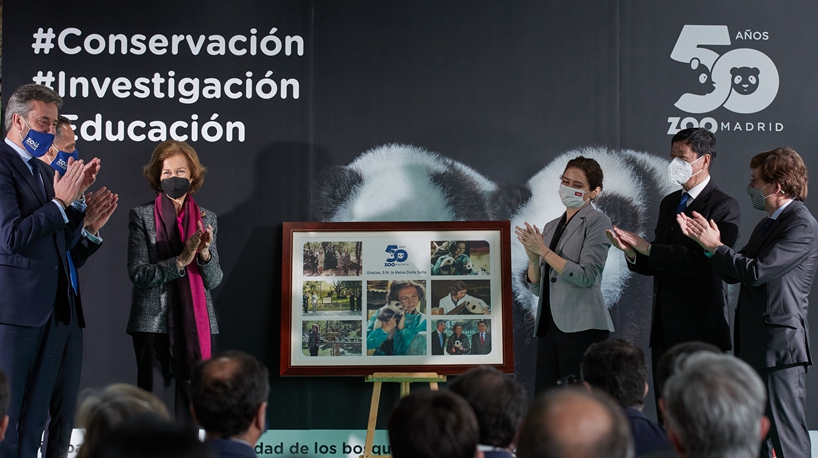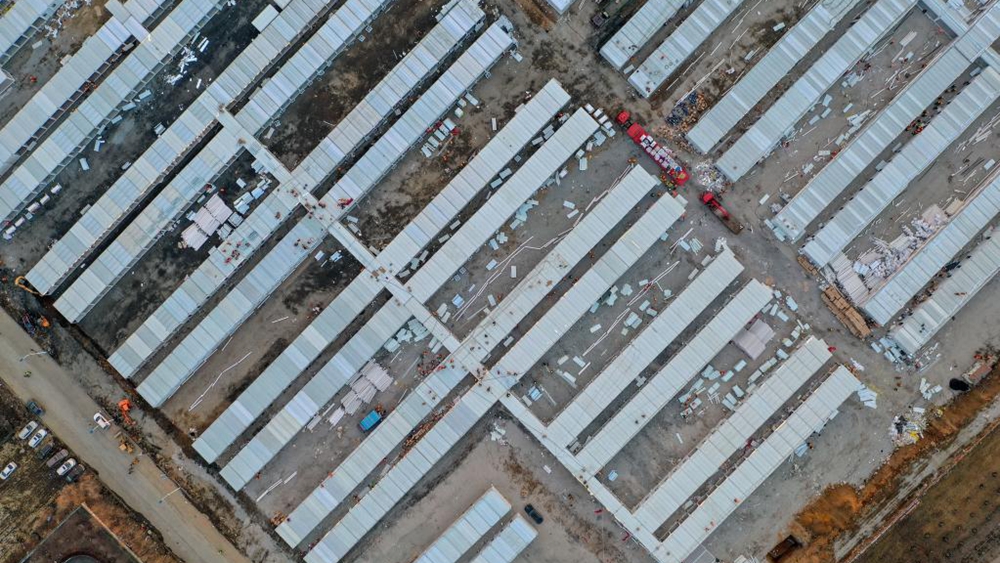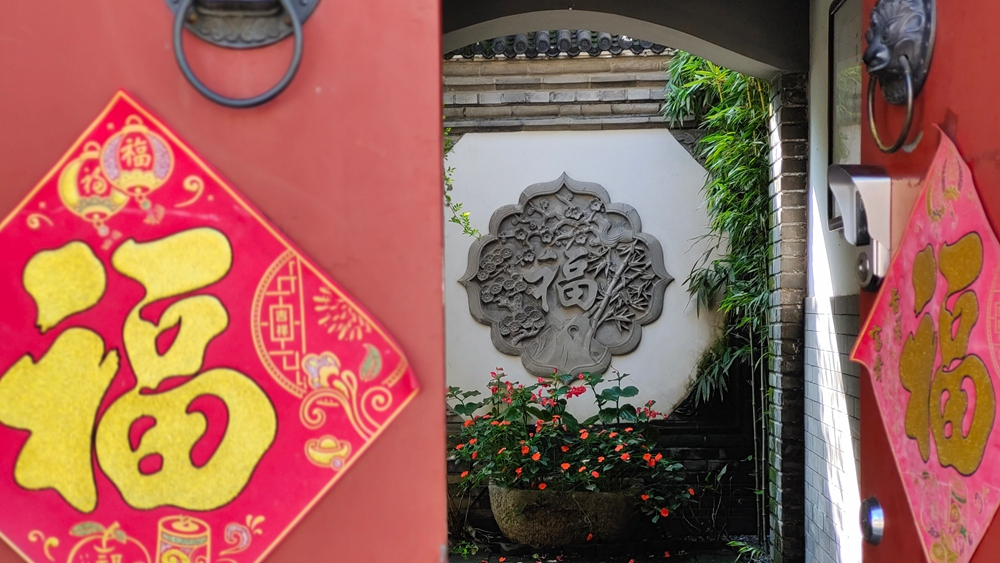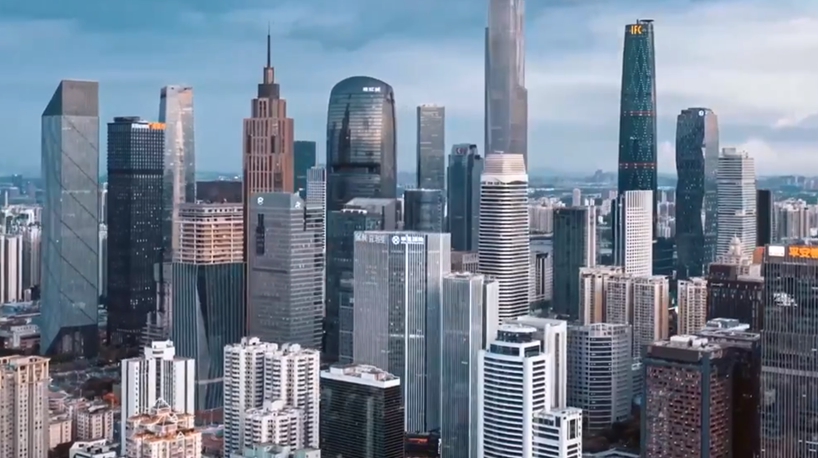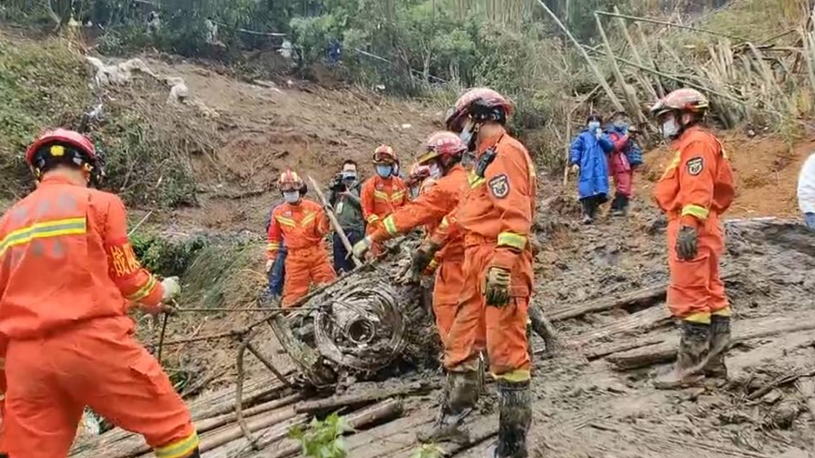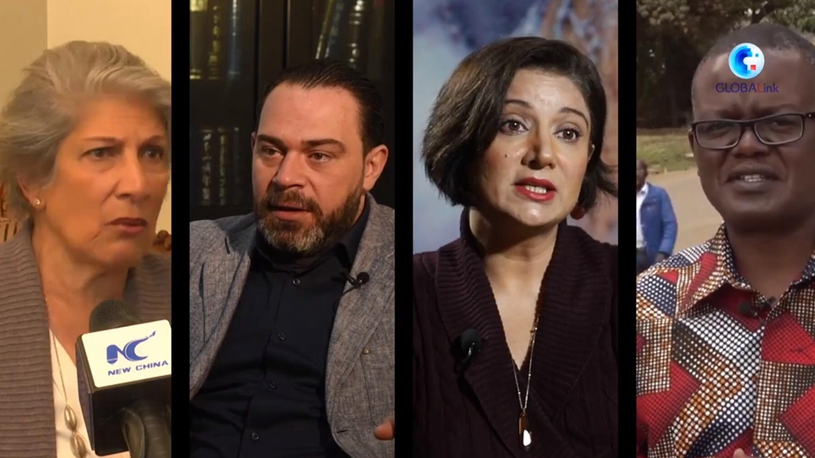The Nafasi Art Space has been a creative harbor for arts and art lovers in Dar es Salaam, the commercial capital of Tanzania.
The Nafasi Art Space in Dar es Salaam, Tanzania, is striving to create a center of excellence that promotes the creativity and professionalism of Tanzanian artists.
DAR ES SALAAM, March 26 (Xinhua) -- A glance at a sprawling compound on a rough industrial plot filled with shipping containers in the Dar es Salaam commercial capital's Mikocheni area does not raise any feelings to a passer-by.
But a walk into this unassuming compound leaves the passer-by agape. It is home to Nafasi Art Space in which the art platform has turned the shipping containers into artistic studios and a warehouse exhibition gallery.
Studio spaces, residencies, workshops, film screenings, festivals, performances, exhibitions, children's art activities, and much more have filled the compound of Nafasi with unbridled artistic experimentation and expression.
After slightly over a decade of its operations, Nafasi Art Space is now home to some 20 studios, many converted from old shipping containers that are used to paint, produce music, weave, weld, sculpt and more.
"Nafasi trains in many different areas. We started with a focus on visual arts and we expanded into hosting trainings on workshops and all different disciplines including film, music, dance, photography and much more," Rebecca Mzengi Corey, executive director of Nafasi Art Space, told Xinhua in an interview on Thursday.
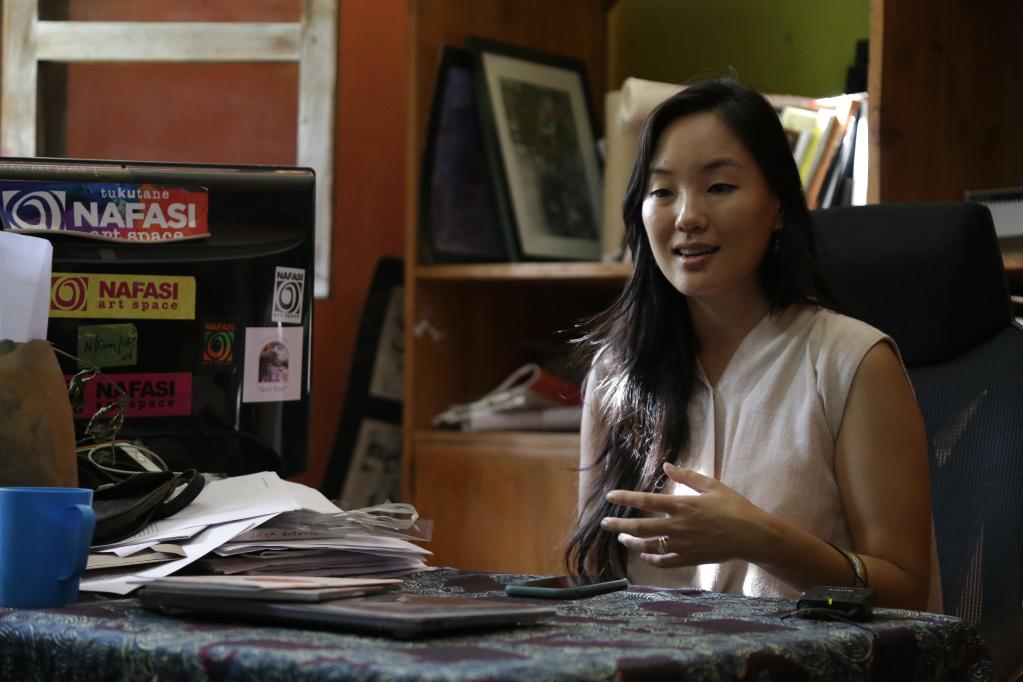
Rebecca Mzengi Corey, executive director of Nafasi Art Space, speaks with Xinhua in Dar es Salaam, Tanzania on March 24, 2022. (Xinhua/Herman Emmanuel)
"Hundreds of thousands of people have come to Nafasi for training since it began in 2008," Corey said, explaining that Nafasi is the Kiswahili word for "space" as well as possibility, opportunity and chance.
Corey said Nafasi Art Space is a multi-disciplinary contemporary arts space in Tanzania that encourages artistic growth, experimentation, conceptual engagement, collaboration and art as a vital community practice.
"Nafasi has been a creative harbor for arts and art lovers in Dar es Salaam, becoming one of the East African region's leading art institutions," she said.
Corey said Nafasi is striving to create a center of excellence that promotes the creativity and professionalism of Tanzanian artists through training, exposure, cross cultural dialogue and collaborative artistic endeavors.
"All people have the creative potential to be artists, but it must be nurtured in order to enable them to become professionals," said Corey.
However, she said, in Tanzania, there is limited formal arts education at the primary, secondary and tertiary level, with arts training primarily taking place at the informal level.
"Many young people with creative ideas and a thirst for outlets for their expressions are too often denied the chance to make meaningful contributions to the social discourse due to limited access to opportunities for artistic learning," said Corey, adding these artists are also struggling to make a living from their craft.
She said the COVID-19 pandemic interrupted Nafasi activities and some of the activities were done online but it was limited.
"For a period of time, we had to shut down. It was a very tough time. But we managed to get through it and we decided to use that time to reflect and think about what impact our work has had and also where we wanted to go in the future," she said.
"I see the future of Nafasi as growing and having an impact all across Tanzania. Our big goal in the next five years is to help spread the idea, the vision and even the blueprint for Nafasi so that other people in the regions can establish their Nafasi Art Spaces," she said.
Ahmed Batenga, 28, a freelance photographer and graphic designer is among the beneficiaries of Nafasi Art Space.
He is currently learning about filmmaking at Nafasi.
"I have been doing films but I decided to train here on film making so that I can get to know much about the industry. I am learning how to develop the story structure," said Batenga.
He said Nafasi has helped him to improve his scriptwriting and to create a story that is more character-based.
Nafasi is training filmmakers, including actors, sound engineers and writers, said Batenga, adding: "Film making in Tanzania has a bright future. Give it five, ten years you will find great films made by Tanzanians, especially the youth that are attending Nafasi training."
Looking forward, Nafasi's major goals by 2026 include establishing an arts reference library with a wide range of art journals, books, catalogues and other publications for artists' use and establishing a digital laboratory and film hub for artists interested in digital art.
According to Nafasi Art Space's 2021-2026 strategic plan, the center is also planning to develop an 'artistic track' that helps artists measure progress toward professionalization based on conceptual development, technical skill, self-management and entrepreneurship ability.
Corey said Nafasi's strategic approach to artistic development is to continually provide opportunities and resources that respond to these inter-related needs, and explore pathways to ensure that artists across Tanzania have the opportunity to develop their diverse artistic practices. ■

